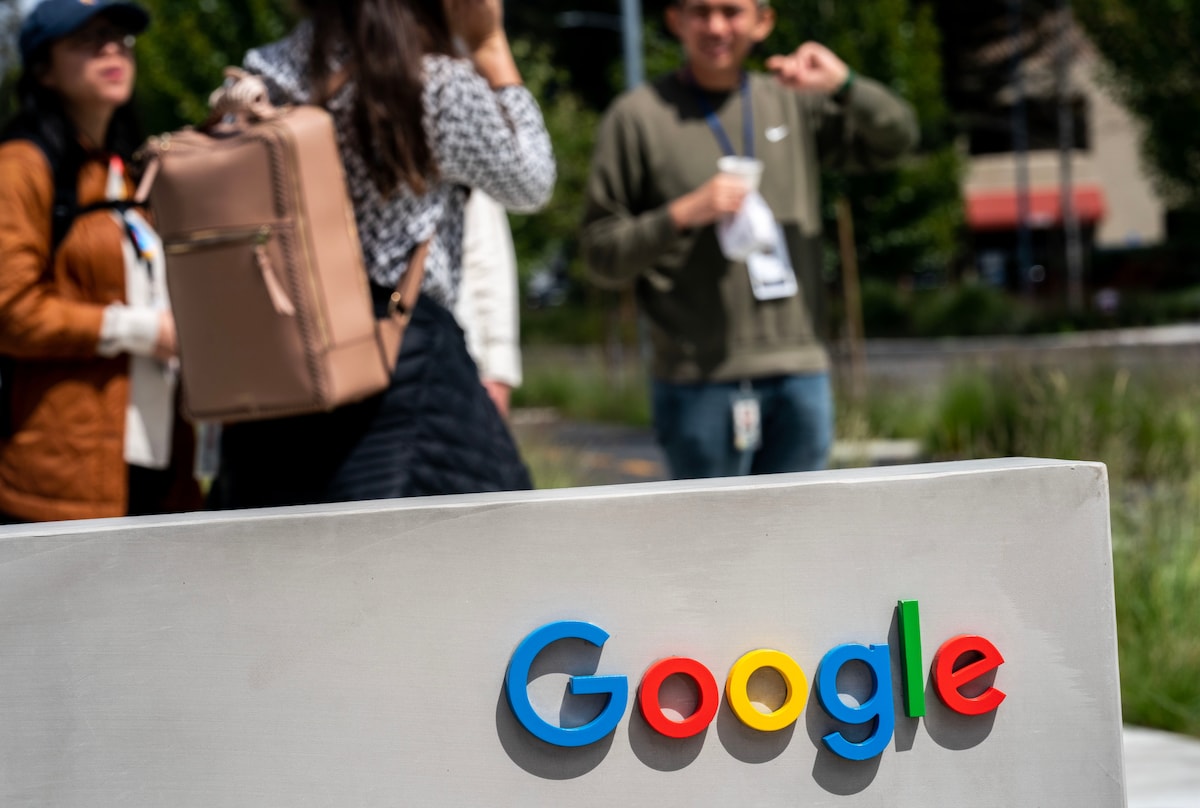On Monday, a US judge delivered a significant legal setback to Google, declaring in a high-profile anti-trust case that the company holds a monopoly with its leading search engine. This landmark ruling against the “big tech” giant could reshape the industry’s future operations.
District Court Judge Amit Mehta found that Google sustained its monopoly in search and text ads through exclusive distribution agreements, which established it as the “default” option that users were most likely to select on their devices.
Also read: Ex Bangladesh PM Sheikh Hasina Meets NSA Ajit Doval At Hindon Airbase
“After having carefully considered and weighed the witness testimony and evidence. The court reaches the following conclusion: Google is a monopolist. It has acted as one to maintain its monopoly,” Mehta wrote in his ruling.
Google’s Major Edge: Default Distribution
The anti-trust trial pitting US prosecutors against Google ended in May with a two-day hearing. The case was the first of five major lawsuits brought by the US government to go to trial. With Meta, Amazon, Apple, and another case against Google also set to enter federal court.
Also read: बांग्लादेश में ICC महिला T20 वर्ल्ड कप 2024 पर संकट! तख्तापलट के बाद ICC की पैनी नजर
Held in Washington, this trial marked the first time the US Department of Justice has confronted a big tech company in court since Microsoft faced scrutiny over the dominance of its Windows operating system more than twenty years ago.
Mehta oversaw months of testimony late last year, where Google CEO Sundar Pichai and other top executives gave evidence. A crucial aspect of the government’s case was the substantial payments. Google made to Apple and other companies to maintain. Its search engine as the default option on iPhones, web browsers, and other products.
Court testimony disclosed that these payments amount to tens of billions of dollars annually, securing Google’s prominent placement on Apple devices and the Safari and Mozilla browsers.
Department of Justice lawyers contended that Google attained and maintained its dominance—and stifled competitors, through these default agreements, which also extended to Samsung and other device manufacturers. However, Mehta determined that Google’s breach of the Sherman Act did not result in “anticompetitive effects.”


[…] Also Read: US Judge Rules Google as a Monopolist in Pivotal Antitrust Case […]
[…] Also Read : US Judge Rules Google as a Monopolist in Pivotal Antitrust Case […]